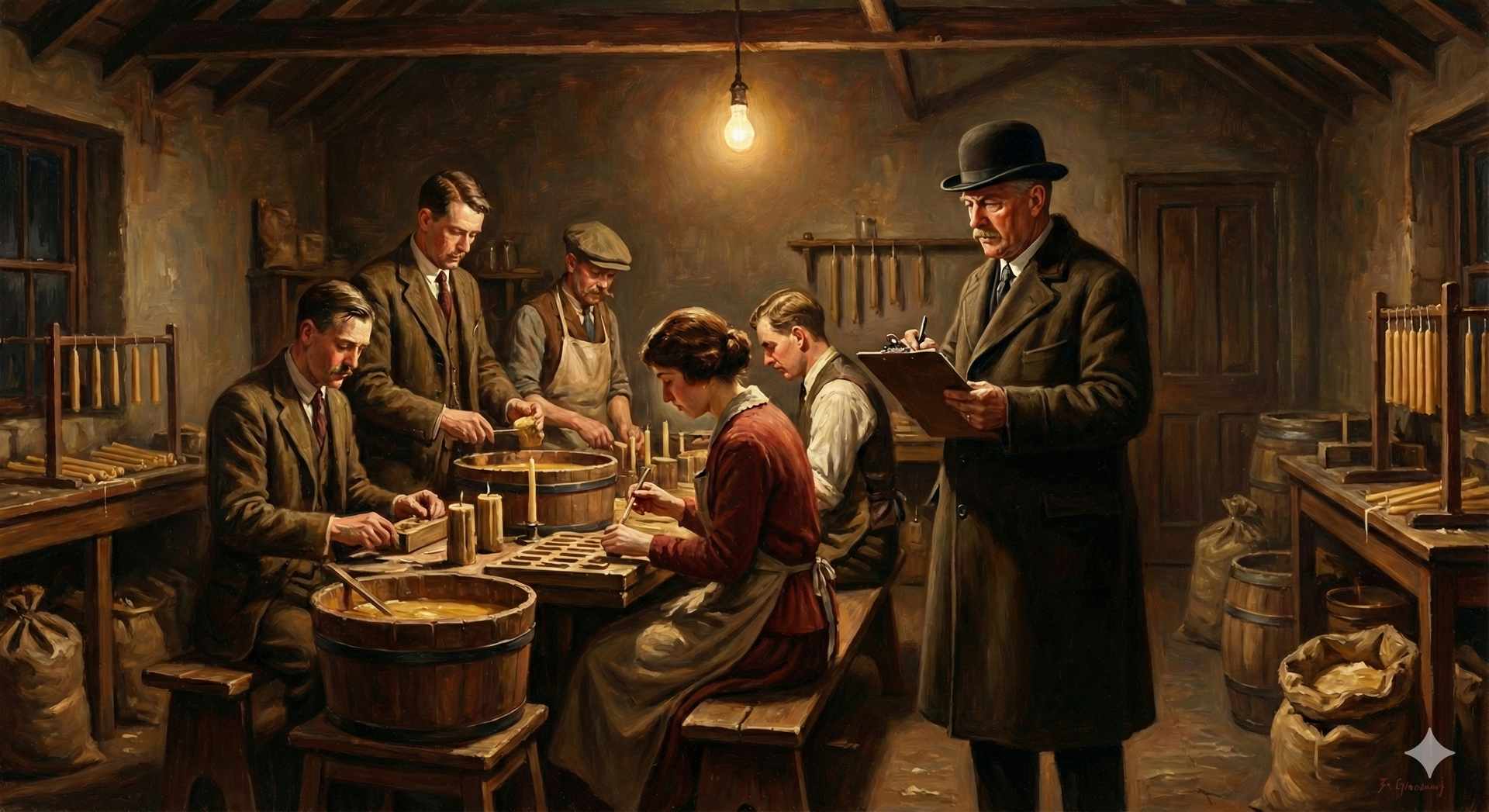By Asher RIckayzen
•
December 7, 2023
In 2009 I left corporate life with very little idea of what I wanted, or indeed would be able, to do next for a living. It was an uncertain and scary time for me, a core part of my previous identity – an executive in a large organisation – had been swept away and my new one was unknown to me. It was a liminal state; one which I did not enjoy. In theory it was a time of possibility and reinvention, of freedom, of the chance to try something new. All of which was well and good in theory but inner doubts – amplified every time well-meaning friends asked me ‘what are you going to do next?’ – provoked strong feelings of disquiet in practice. The one thing I could latch on to was the ambition to run a business from a shed in the garden. It was an appealing prospect to me – years of commuting to be replaced by a stroll down the garden path. I wanted the business (whatever it was) to be really small (‘almost insignificant’ was the mantra I had in mind) and agile, and yet to work with much larger entities. I did not know what the business would actually do, just that it would be run from a garden shed. Luckily, I had a shed in the garden; unfortunately, the shed was somewhat dilapidated, lacked the basic office comforts of heating, insulation, light, a desk, a roof that didn’t leak and many other things. However, this provided the opportunity for me to get stuck in to a renovation project, a project that at least provided something tangible as a goal and provided a stop-gap answer to that ‘what next?’ question I had begun to dread. The renovation began and much to my surprise, about 5 months later, it was completed. I was the proud owner (and builder) of a spruce, comfy shed-office with a floor, a roof, heating, lighting, insulation, a desk and (wonder of wonders at that time) WiFi! To anyone experienced in DIY or construction, I imagine the task would have seemed trivial; to me, every part of it felt daunting. I persisted, I sought advice, I made mistakes, I corrected mistakes. The project was complicated (for me) but I knew it was possible, evidenced by the fact that there was nothing unique about it and that if I got stuck I could ask someone with more expertise and I would find the answer I needed. I contrast that with the building of the business which is now run from the shed. Once I had overcome the initial hurdle of not knowing what the business was going to do, there was no guaranteed playbook I could draw on for bringing it to fruition. There were a multitude of opinions, at times an overwhelming number of choices and decisions, but nowhere was there the formula for making the business I wanted to work at the particular time I was trying to do it. The path involved experimentation, adapting to changing circumstances, making decisions in the absence of meaningful data, all of which often felt like a high-stakes guessing game. It has been a learning journey, rather than a planned and deterministic one. Looking back from the present, it all makes perfect sense, but repeating the same steps again would not necessarily result in success; the context is different, nothing ever stays exactly the same. The renovation of the shed and the building of the business have both required resilience, albeit in different forms; they both taxed me. But one fundamental difference between the two of them was that I knew if I persisted I would eventually complete the shed; there was no such certainty with the business venture. The weight of uncertainty was tiring at times, provoking anxiety and a yearning within me to ‘know’ it would be ok at a time when this just wasn’t possible. Through my work as an executive coach (the business which emerged in the shed) I frequently observe the reluctance to engage with complexity in the organisations I work with, a reflex to reduce a situation to a state that feels more manageable and controllable; a situation in which existing knowledge can be re-applied. Often this simplification is more to do with an unconscious desire to escape the anxiety caused by uncertainty rather than a purposeful attempt to tackle the situation effectively. Some situations by their very nature are complex: they lack cause and effect, they are entangled, they are unpredictable. I love the words attributed to Albert Einstein: ‘Everything should be as simple as possible but no simpler’. When simplicity is a form of avoidance it does nothing except to reduce fear at the expense of understanding; the understanding which might make all the difference to the effectiveness of what gets done. Renovating the shed showed me the power of a clear plan and steady progress. It also gave me the chance to reflect whilst at the same time feeling I was doing something productive. Building my business taught me the art of navigating through uncertainty. Both of these are necessary in the world of business, let alone life; perhaps the critical skill is choosing which approach should be applied to the situation being faced. As I sit in my shed-turned-office working with clients, it serves as a constant reminder of these distinct experiences, each valuable in its own right.











